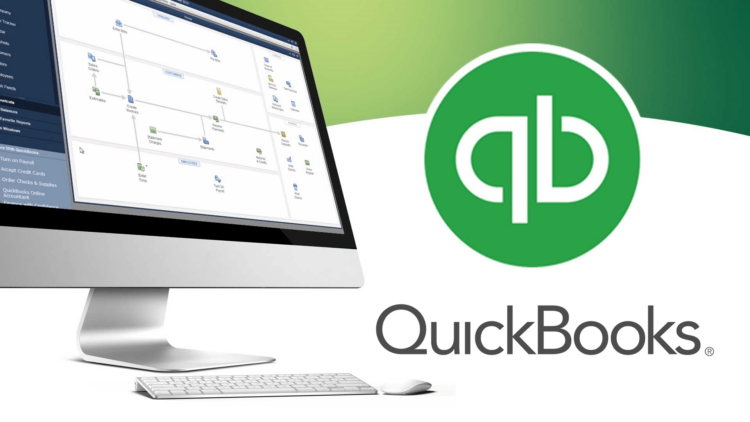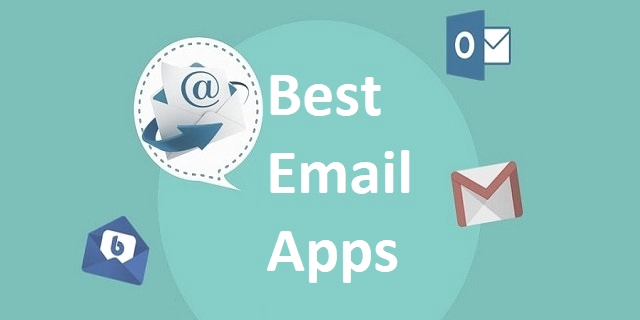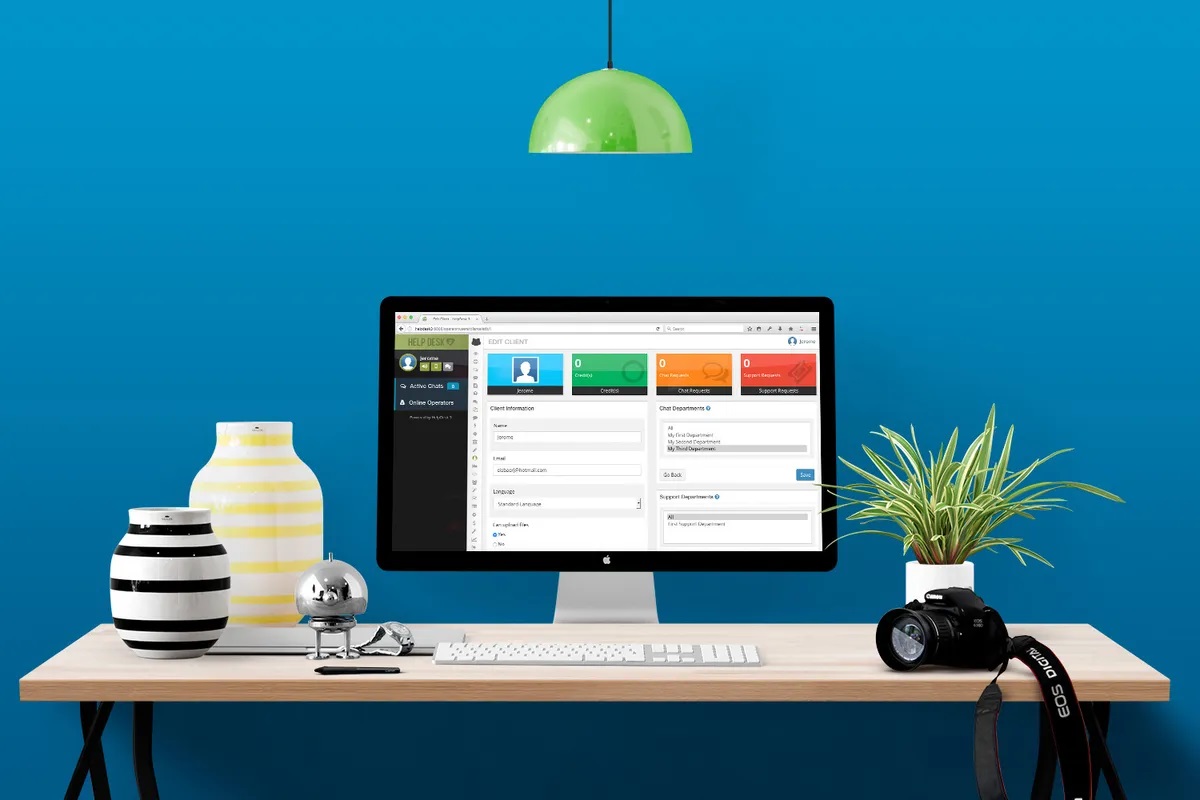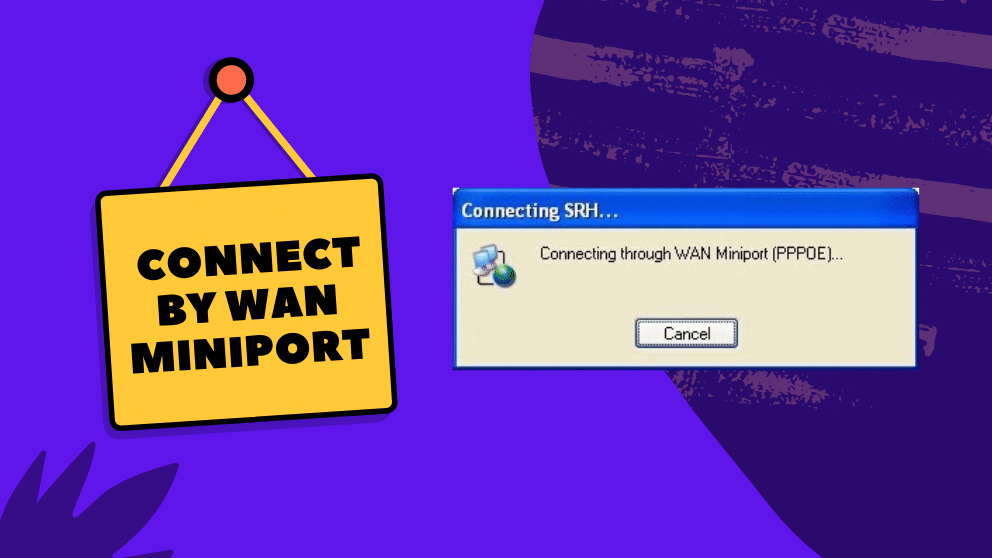QuickBooks is a well-known accounting software that helps small businesses manage their finances. QuickBooks, which was developed by Intuit, offers a range of features, such as expense tracking, payroll management, and billing. Making it accessible to business owners who might not have a background in accounting, the software is designed to be user-friendly.
The ability of QuickBooks to streamline financial processes and save time is one of its key benefits. Businesses can reduce the need for manual data entry by using QuickBooks to automate processes like creating invoices and monitoring expenses. This reduces the risk of errors in addition to saving time. Moreover, QuickBooks offers a range of integrations with other software and services, making it easy to connect in other tools that businesses might be utilizing.
Small business owners seeking to efficiently manage their finances will find QuickBooks to be an all-encompassingly potent instrument. QuickBooks is an invaluable tool for businesses of all sizes thanks to its user-friendly interface and wide range of features.
Beginning Use of QuickBooks
Install & Setup
Installing QuickBooks on your computer is the first step in getting started with the software. Choose the desktop or online version of QuickBooks that best meets your requirements. You will need to set up your company file after you have installed QuickBooks. This requires inputting fundamental company information, including its name, address, and contact details.
Creating Your Company File
Open QuickBooks and choose “Create a new company” from the primary menu to generate your company file. Enter your company details and set up your accounts by following the instructions. To help you get started, QuickBooks offers a variety of templates, or you can create a custom chart of accounts.
Navigating the Dashboard
You will be taken to the QuickBooks dashboard after you have set up your Company file. This location provides access to all of the tools and features that QuickBooks has to offer. The dashboard comprises the main site, the vendor center, the customer center, and the employee center, among other sections. You can track your expenses, manage your finances, and generate reports from this interface.
Access and Permissions for Users
With differing levels of access and permissions, QuickBooks allows you to set up multiple users. If you have employees or contractors who require access to your company file, this is useful. Different user roles, such as “administrator” or “salesperson,” can be set up, and permissions can be assigned in accordance with each user role. This helps to ensure that only those who need it are accessible to sensitive information.
For administering your finances and keeping track of your business, QuickBooks is an effective tool overall. You can have QuickBooks up and running in no time by following these straightforward steps.
Core Accounting Features
QuickBooks is a widely used accounting program that offers a variety of features to help businesses manage their finances. QuickBooks offers the following fundamental accountancy features:
Invoicing and Payments
QuickBooks allows users to create and send personalized invoices to their clients. Additionally, users can set up automated pay reminders and recurring invoices. Additionally, QuickBooks offers online payment options, enabling clients to pay their invoices via bank transfer or credit card. This feature has the potential to improve cash flow and help businesses receive payments more quickly.
Expense Monitoring
QuickBooks allows users to effortlessly and efficiently track their expenses. By connecting their bank and credit card accounts to QuickBooks, users have the ability to import and classify transactions automatically. Making it easy to keep track of all business expenses, users can also manually enter expenses and attach receipts. This feature can help businesses maintain order and ensure that they are claiming all available tax deductions.
Reconciliation of Banks
Reconciling bank and credit card accounts is simple with QuickBooks. Users can cross-reference transactions in QuickBooks with those on their bank or credit card statements, ensuring that their records are accurate. This feature can help businesses avoid financial record errors and discrepancies.
Financial Reporting
In order to help businesses analyze their financial performance, QuickBooks offers a variety of financial reports. Profit and loss statements, balance accounts, and cash flow statements are among the reports that users can produce. QuickBooks also allows users to customize and filter their reports by date range, account, and other criteria. This feature has the potential to help businesses make more educated choices and pinpoint opportunities for improvement.
In general, QuickBooks offers a comprehensive set of fundamental accounting features that can help businesses effectively manage their finances. Businesses can improve their cash flow, save time, and obtain valuable insights into their financial performance by utilizing these features.
Payroll Management
Setting Up Payroll
For establishing up payroll, QuickBooks offers a clear and uncomplicated process. The user can quickly add employees, enter their personal information, and set up payroll information like pay rate, deductions, and taxes. Additionally, the software allows the user to set up direct deposit for employees, making it easy to pay them on time and prevent superfluous delays.
Running Payroll
With QuickBooks, running the payroll is simple once it is set up. The user is able to generate pay slips and calculate employee paychecks, including overtime and incentives. Making it easy to keep track of employee time off, the software also allows for the monitoring of sick and vacation time.
Taxes on Payroll and Compliance
QuickBooks handles all payroll tax filings and calculations, ensuring user compliance with state and federal regulations. In addition, it generates tax forms, including W-2s and 1099s, and offers reminders for tax deadlines. In order to comply with the Family and Medical Leave Act (FMLA), QuickBooks also offers a range of compliance features, including the ability to set up workers’ compensation insurance and track employee time off.
In summary, QuickBooks offers a thorough payroll management solution that is easy to use and ensures adherence to all pertinent regulations. QuickBooks is an ideal solution for businesses of all sizes because it has features like direct deposit, tax calculations, and compliance monitoring.
Inventory Management
QuickBooks offers an all-encompassing inventory management system that allows businesses to monitor, track, and generate reports regarding their inventory. The features of QuickBooks’ inventory management system will be examined in this section.
Tracking Inventory
Real-time inventory tracking is a capability offered by QuickBooks to businesses. This allows them to keep track of which products are currently available, which are running low, and which are currently unavailable. Additionally, QuickBooks allows businesses to set up notifications in the event that inventory levels exceed a predetermined threshold, ensuring that they never run out of stock.
Additionally, QuickBooks allows businesses to track inventory across multiple locations. Businesses with numerous warehouses or retail locations will find this beneficial. QuickBooks facilitates the seamless transfer of inventory between different locations and provides real-time tracking of inventory movement for businesses.
Managing Suppliers
A supplier management system that QuickBooks offers allows businesses to manage their supplier relationships. Businesses can track orders, receive inventory, and pay suppliers with QuickBooks with ease. This helps businesses manage their cash flow and ensure that they can consistently satisfy demand.
Additionally, QuickBooks allows businesses to set up automatic reordering. This means that QuickBooks will generate and transmit a purchase order to the supplier automatically when inventory levels reach a specified threshold. This helps businesses ensure that they always have enough inventory available.
Inventory Reporting
Businesses can analyze their inventory levels and make well-informed decisions using the variety of QuickBooks reports that are available. Businesses can produce reports on inventory valuation, inventory turnover, and other topics using QuickBooks. These reports help businesses recognize trends, optimize inventory levels, and decrease waste.
Businesses can create bespoke reports and analyze their inventory data in greater detail thanks to QuickBooks’ integration with other reporting tools, such as Excel.
Overall, QuickBooks’ inventory management system is a potent instrument that can help businesses manage their inventory levels, cut waste, and increase profits.
Advanced Functions

Businesses can manage their financial processes with the help of QuickBooks’ range of sophisticated features. App Integration, Time Tracking, Project Management, Budgeting and Forecasting are among these capabilities.
Time Monitoring
Making it easy to manage payroll and billable hours, QuickBooks’ Time Tracking feature allows businesses to keep track of employee hours and expenses. Additionally, this feature allows businesses to produce comprehensive reports on employee productivity and project expenses.
Project Management
Businesses can track project progress, designate tasks, and manage budgets using QuickBooks’ Project Management feature. Additionally, this feature allows businesses to produce comprehensive reports on the expenses and profitability of projects.
Budgeting and Forecasting
Budgeting and Forecasting is a feature of QuickBooks that allows businesses to create comprehensive budgets and projections, making it easy to track expenses and revenue. This feature also allows businesses to produce comprehensive reports on deviations from the budget and financial results.
App Integration
The App Integration feature of QuickBooks allows businesses to manage a range of external applications, such as CRM software, inventory management systems, and payment processors. This feature allows businesses to streamline their financial management processes and decrease the amount of data that must be manually entered.
In general, QuickBooks’ sophisticated features give businesses the tools they require to efficiently and effectively manage their finances. QuickBooks is a highly suitable option for businesses of all sizes due to its extensive range of features and integrations.
Troubleshooting and Support
Common Issues
Issues may arise from time to time even though QuickBooks is a reliable accounting software. Common issues include installation complications, performance problems, and errors when attempting to use specific features.
Checking the QuickBooks Help section should be your first step if you encounter any issues. This section comprises troubleshooting advice and responses to frequently inquired questions. QuickBooks support can be contacted if a resolution to the issue cannot be obtained.
QuickBooks Support Resources
To help users resolve any issues they encounter, QuickBooks offers a variety of support resources. The QuickBooks support website, which offers a knowledge base, community forums, and live chat assistance, is accessible to users.
Additionally, users may reach QuickBooks support via telephone. For any issues users may encounter, the support staff is available around-the-clock.
Software Updates and Maintenance
To improve efficacy and address any bugs or issues, QuickBooks updates its software frequently. To ensure that these updates are operational, users must ensure that QuickBooks is running at the most recent version.
Furthermore, it is imperative that users perform routine maintenance tasks, including optimizing their company file and creating backups of their data. This reduces the risk of data loss and ensures that QuickBooks operates efficiently.
In general, users can quickly resolve any issues they encounter and keep their accounting system running efficiently by utilizing QuickBooks user support resources and maintaining their software up-to-date.
QuickBooks for Different Business Types
QuickBooks is an adaptable accounting software that various types of businesses can utilize. Listed below are several ways in which QuickBooks can be advantageous for various types of businesses.
Contractors and Freelancers
Contractors and freelancers who need to keep track of their income and expenses should consider QuickBooks. They can effortlessly create, send, and track payments for invoices to their clients using QuickBooks. Additionally, the software allows them to categorize and track their expenses, including mileage. QuickBooks Self-Employed is a QuickBooks edition designed exclusively for independent contractors and freelancers.
Small to Medium Businesses
QuickBooks offers numerous advantages to Small to Medium Businesses. The software offers a range of features, such as inventory management, payroll management, and invoicing. In order to help business proprietors make well-informed decisions, QuickBooks can also produce financial reports. QuickBooks can also integrate with e-commerce platforms and payment processors, among other applications and services.
Nonprofits and Associations
Additionally, associations and nonprofits can utilize QuickBooks to manage their finances. Donations, grants, and other income streams can all be tracked by the software. In order to help nonprofits and associations meet their reporting obligations, QuickBooks can also produce reports. In order to help with budgeting and financial planning, the software can also track expenses and produce reports.
In conclusion, QuickBooks is an adaptable accounting application that various types of businesses can implement. QuickBooks has features that can help you manage your finances more efficiently, whether you are a freelancer, a small business owner, or a nonprofit.
Transitioning to QuickBooks
Although the transition to QuickBooks may appear daunting, it can be facilitated with the proper training and resources. The important facets of transitioning to QuickBooks will be covered in this section.
Data Migration
Data migration is an initial step in the process of transitioning to QuickBooks. Data import from spreadsheets and other accounting programs is easy with QuickBooks. Before importing your data into QuickBooks, it is important to ensure that it is accurate and up to date. In the long term, this will prevent errors and conserve time.
Training and Resources
To help users transition seamlessly, QuickBooks offers a variety of resources and training. QuickBooks Online offers free webinars and tutorials that cover a wide range of topics, from fundamental accountancy to advanced accounting. Furthermore, QuickBooks provides a community forum where individuals can seek guidance from fellow QuickBooks users and pose inquiries.
Switching from Other Software
It is important to comprehend the distinctions between the software if you are switching from another accounting program. QuickBooks’s interface and features differ from those of competing applications, so acclimatization may require some time. The learning curve should not be excessively precipitous, given that QuickBooks is designed to be intuitive and user-friendly.
With the proper training and resources, transitioning to QuickBooks can generally go smoothly. Users can ensure a smooth transition to QuickBooks by adhering to the procedures indicated in this section.
Finally, Remarks
In summary, QuickBooks is a reliable and effective accounting software that can help businesses of all sizes effectively manage their finances. QuickBooks makes it easy for business owners to track their income and expenses, pay bills, and manage their payroll thanks to its user-friendly interface and extensive features.
Its capability to integrate with additional software applications and services is among the most significant benefits of QuickBooks. This allows businesses to manage their financial processes while saving time and money. For businesses that require assistance with their accounting software, QuickBooks also offers excellent customer support, which can be crucial.
QuickBooks is a great option for businesses looking to improve their financial management processes while also saving time and money. QuickBooks is a reliable and effective accounting software that can help businesses of all sizes manage their finances effectively thanks to its extensive features, user-friendly interface, and excellent customer support.
















